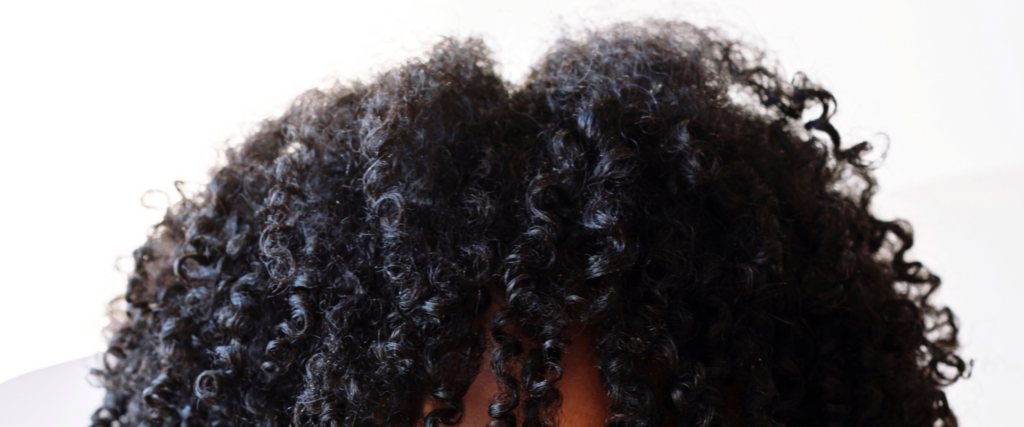Juneteenth, celebrated on June 19th, commemorates the emancipation of enslaved African Americans in the United States. This day symbolizes freedom, resilience, and the rich cultural heritage of the Black community. One significant aspect of this heritage is the care and appreciation of Black hair, which has a unique texture and beauty that requires specific care and attention. Understanding Black hair care is not just about maintenance; it’s about celebrating identity and embracing cultural significance.
The Unique Qualities of Black Hair
Black hair is diverse, ranging from tightly coiled to loosely curled patterns. Its structure is more prone to dryness because the natural oils produced by the scalp have a harder time traveling down the hair shaft. This makes Black hair more susceptible to breakage if not properly cared for. The uniqueness of Black hair requires a tailored approach to ensure it remains healthy and vibrant.
Essential Black Hair Care Tips
1. Moisturizing
Moisture is crucial. Using a leave-in conditioner or moisturizing spray daily can help keep hair hydrated. Natural oils like coconut oil, jojoba oil, and shea butter are excellent for sealing in moisture and preventing dryness.
2. Gentle Cleansing
Washing Black hair with gentle, sulfate-free shampoos can prevent stripping away natural oils. It’s advisable to wash hair once a week or every other week to maintain moisture balance.
3. Deep Conditioning
Regular deep conditioning treatments are essential. These treatments penetrate the hair shaft, providing intense moisture and nutrients. A weekly deep conditioning routine can significantly improve hair health and manageability.
4. Protective Styling
Styles such as braids, twists, and bantu knots help protect hair from daily wear and tear. These styles minimize manipulation and reduce the risk of breakage. It’s important to ensure that these styles are not too tight to avoid tension on the scalp and edges.
5. Avoiding Heat Damage
Excessive use of heat styling tools can cause damage. When using heat, always apply a heat protectant and opt for lower temperature settings. Limiting heat styling to special occasions can help maintain hair integrity.
6. Trimming
Regular trims are important to remove split ends and prevent further breakage. A trim every 8-12 weeks can keep hair looking healthy and prevent damage from spreading up the hair shaft.
7. Healthy Diet
A balanced diet rich in vitamins and minerals supports overall hair health. Foods high in omega-3 fatty acids, vitamins A, B7(biotin), C, D, and E contribute to stronger, shinier hair.
Celebrating Culture
Black hair is not just about aesthetics; it’s a powerful expression of culture and identity. Historically, hair has played a significant role in the African American community, symbolizing everything from social status to personal style. Today, embracing natural hair is a celebration of heritage and self-acceptance. Movements like the natural hair movement have empowered Black individuals to wear their hair with pride.
As we celebrate Juneteenth, let’s honor the beauty and significance of Black hair. Proper hair care is an act of self-love and cultural appreciation. By understanding and implementing these essential hair care practices, we can ensure that Black hair remains healthy and vibrant, symbolizing the rich heritage and resilience of the Black community. Embrace the beauty of Black hair, and celebrate the freedom to express it authentically and proudly.
__________
-
https://www.naturallycurly.com/curlreading/curl-products/the-10-best-leave-in-conditioners-for-natural-hair
-
https://www.healthline.com/health/beauty-skin-care/sulfate-free-shampoo
-
https://www.byrdie.com/best-deep-conditioners-for-natural-hair-4589525
-
https://www.naturallycurly.com/curlreading/kids/childrens-protective-hairstyles
-
https://www.medicalnewstoday.com/articles/320442
-
https://www.byrdie.com/hair-trimming-rules-4846912
-
https://www.webmd.com/beauty/features/eat-your-way-to-beautiful-hair
-
https://www.bbc.com/news/world-africa-47662987
-
https://www.history.com/news/black-history-natural-hair-movement



